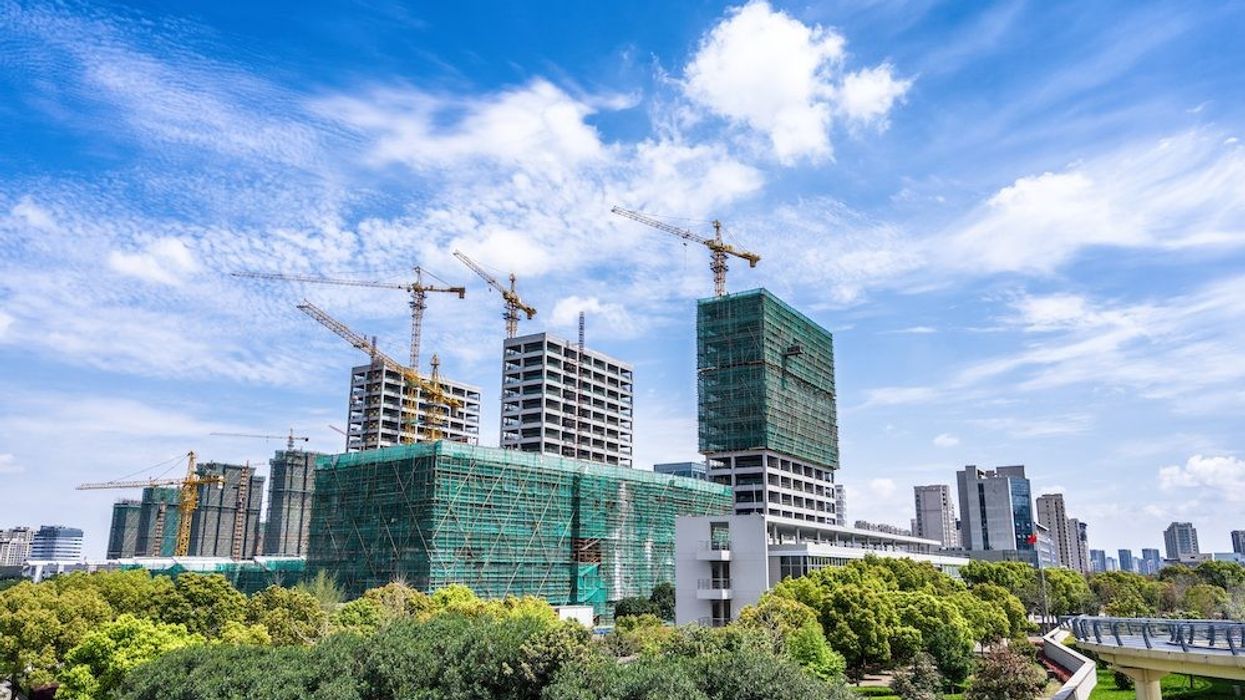The Residential Construction Council of Ontario (RESCON) is pleased that the federal and Ontario governments, provincial party leaders and big city mayors are aligned on the severity of the housing crisis.
That was one of the takeaways from the Housing Supply Summit 2022: Solutions to Build More Homes we held recently that featured 27 informative speakers, politicians and panelists. More than 700 individuals tuned in to the virtual event.
Influencers and innovators explained how we got to this point, what we can learn from other jurisdictions that have faced similar problems, and what thoughts and ideas should be considered going forward.
Importantly, all the politicians who spoke at the event were singing off of the same song sheet, agreeing that the time for talk is over and urgent action must be taken to solve the housing problem.
As many at the housing summit so correctly noted, it is critical that everybody be working together -- and that includes all three levels of government -- as dealing with the housing problem will require a co-ordinated, all-hands-on-deck approach from everybody involved in the issue. They also acknowledged that both the public and private sector will have to be engaged to boost supply.
It was gratifying that those who have their hands on the levers to fix the housing supply problem are in agreement.
Supply-and-Demand Imbalance Shows No Sign of Slowing
Canada is a laggard in the G7 when it comes to new home production, and we must do everything that we can to remove barriers and get more housing supply to market for middle-class Canadians.
Many young people can no longer afford to get into the housing market and start families. The outlook, meanwhile, is for prices to continue rising. Toronto Regional Real Estate Board Chief Market Analyst Jason Mercer indicated at the summit that a resurgence of growth through immigration will continue this year and in 2023, leading to double-digit housing price hikes beyond 2022.
With immigration expected to exceed 400,000 for the next several years, the situation shows no signs of abating. Reports indicate we’d need to build another 650,000 homes in Ontario just to get our province to the same average level of housing per capita as other provinces.
READ: Canada Needs More Immigrants with Specialized Trade Skills as Shortage Looms
The high cost of housing is costing us dearly, leading to an exodus of talent from cities like Toronto as people look further afield for more affordable living conditions.
Federal Minister of Housing and Diversity and Inclusion Ahmed Hussen, provincial Minister of Municipal Affairs and Housing Steve Clark, and Barrie Mayor Jeff Lehman, who is chair of Ontario’s Big City Mayors’ Caucus, all noted at the housing summit that the situation is very serious as did other provincial party leaders -- Andrea Horwath (NDP), Steven Del Duca (Liberal) and Mike Schreiner (Greens).
Hussen said the federal government is doing everything it can to remove barriers and must work in partnership with private developers to bring more housing supply to market for middle-class Canadians.
Clark, who has shown incredible intestinal fortitude in driving change as the minister, said the province is consulting with municipalities on how to streamline the development approvals process, and indicated he is committed to working with RESCON and other industry partners to develop a digital data standard to speed-up and improve decision-making as development is being choked by red tape.
Mayor Lehman really demonstrated an in-depth and very sensitive awareness to the problem and noted that the mayors are taking specific action. He warned that governments must resist the temptation to accept short-term solutions.
Toronto Deputy Mayor Ana Bailão spoke about the importance of affordable housing and the importance of having industry and government working together to fix the housing problem. As she said, one can’t do this alone.
Improving the Lines of Communication
During the event, many ideas were put forward such as the need for municipalities to have a better relationship with industry to reduce approval times for developments as well as modernizing and streamlining the system by helping municipalities transition towards a digital service delivery and approvals system.
Speakers at the summit also addressed the need for gentle density, building the missing middle and putting more housing along transit corridors, along with the need to embrace more innovation. On labour, they indicated there needs to be more education and training to get youth into the trades.
We have known for some time that this day of reckoning was coming. Now that it is here, we must take immediate, bold and decisive action.
We know the building blocks that need to be put in place. Other jurisdictions around the world that had very similar problems have taken steps. It is time we also had a plan.
The good news is that the housing crisis is a choice -- and it can be fixed. There are no silver bullets, but over time we can increase supply and overcome the labour challenges that we face.
RESCON’s housing summit was a good start along that path.





















